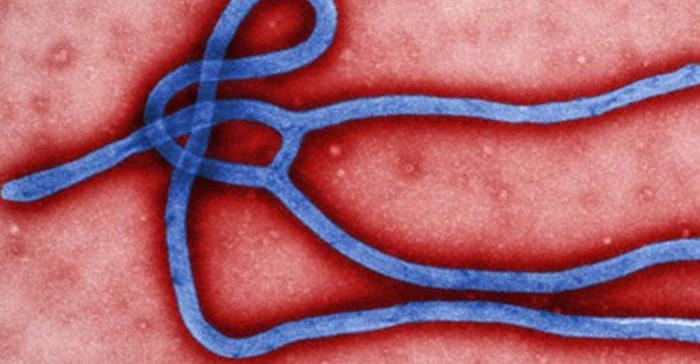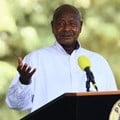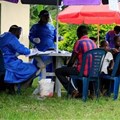US to apply Ebola screenings for recent Uganda visitors at 5 airports

The Centers for Disease Control and Prevention (CDC) issued an alert to healthcare workers to raise awareness about the outbreak but said there were currently no suspected or confirmed US Ebola cases from the Sudan strain, which is behind the latest Uganda infections.
According to Uganda's health ministry at least nine people had died of the disease in Uganda by 3 October, since authorities in the east African nation announced the outbreak of the deadly hemorrhagic fever on 20 September.
It added there are 43 total cases, including the deaths.
US screening began on Thursday at airports but the funnelling requirements are expected to take effect within the coming week or so, a source said.
"Out of an abundance of caution CDC and the Department of Homeland Security (DHS) Customs and Border Protection (CBP) will apply new layers of screening at these five US airports in response to the Ebola outbreak in Uganda," the US Embassy in Uganda said.
Travellers from Uganda need to arrive at New York-John F. Kennedy, Newark, Atlanta, Chicago O'Hare or Washington Dulles airports for screening.
There is no approved vaccine for the Sudan strain of the disease triggering fears of a major health crisis in the country of 45 million people.
Two sources said about 140 people who had recently been in Uganda arrive daily in the United States, with 62% currently landing at one of those five airports.
Officials will conduct a temperature screening, ask health questions and report arrivals to local health departments.
Michael Osterholm, an infectious disease expert at the University of Minnesota, said the CDC's health alert is an important message to both the public health and the medical community that they should be prepared for possible cases in the United States, as happened in the 2014-2016 Western Africa outbreak.
"We can handle Ebola safely in the hospital setting and provide best care to the patient, but you have to be aware that it might even be a possibility," he said, referring to the 2014 incident in which a traveller from Liberia was evaluated initially at a hospital in Dallas and was turned away.
That patient was not admitted until two days later, when he arrived at the hospital by ambulance - potentially exposing emergency responders to the deadly virus.
"The key message is if you see someone with clinical illness and they had a history of being in Uganda, that's where you want to concentrate your efforts," he said.
The US Embassy in Uganda said "the risk of Ebola domestically is currently low," adding "enhanced screening applies to all passengers, including US citizens, lawful permanent residents, and visa holders (to include diplomatic and official visas)."
On Wednesday, Health and Human Services (HHS) Secretary Xavier Becerra spoke with Ugandan health minister, Jane Aceng Ocero to discuss Ebola and US efforts "to support Uganda throughout this challenging period," HHS said.
On Saturday, a Tanzanian doctor working in Uganda who contracted Ebola has died, the first health worker killed by the disease in the latest outbreak in the country, Uganda's health minister said.
In March 2021, the CDC began funnelling travellers who had been to the Democratic Republic of the Congo and Guinea within the prior 21 days to six US airports to address Ebola concerns.
Source: Reuters

Reuters, the news and media division of Thomson Reuters, is the world's largest multimedia news provider, reaching billions of people worldwide every day.
Go to: https://www.reuters.com/Related
Trump's tariff order prompts ad spending cuts by Temu and Shein 17 Apr 2025 Why Americans care so much about egg prices – and how this issue got so political 18 Mar 2025 2025 Warc Media 100 ranks top-performing global media campaigns 18 Mar 2025 Warc's Creative 100 released, Apple no.1 brand for creativity 11 Mar 2025 Advertisers brace for impact as TikTok faces uncertain future in the US 7 Mar 2025 Brand Finance report: South Africa’s soft power credentials on the rise 20 Feb 2025
























